In the summer of 2018, when former President Donald Trump launched his trade war with Beijing, China’s economy was on a strong growth trajectory. There were even predictions that China could soon surpass the United States to become the world’s largest economy.
However, by 2024, with the spectacular return of Mr. Trump after the recent presidential election, the Chinese economic situation is going in a different direction. Facing challenges in real estate, debt and deflation, China seems not ready for a trade war 2.0. However, according to CNN , the truth may be different than it seems.
Prepare for the long haul
"China has been preparing for Trump's return for quite some time. Compared to before, the US is no longer a very important factor for China's trade network," said Mr. Dexter Roberts, senior fellow at the Atlantic Council.
With knowledge of how the president-elect operates, China’s leaders are better equipped to deal with the return of Donald Trump and his pledge to impose tariffs of up to 60% on goods imported from Beijing.
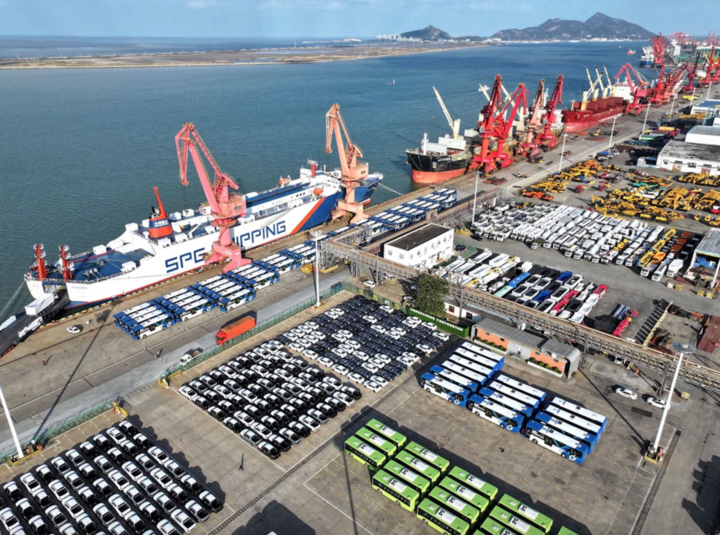
China has prepared for trade war 2.0. (Photo: AP)
Part of that preparation comes from the first trade war, which has continued under President Joe Biden. Against this backdrop, Beijing and Chinese companies have begun to reduce their dependence on US trade. The effects are evident in trade data and are happening at a rapid pace.
Most recently, bilateral trade hit a record high in 2022. But by 2023, according to the US Department of Commerce, Mexico will surpass China as the top exporter of goods to the US. China held that position for 20 years before its exports to the US fell 20% to $427 billion.
Last year, less than 30% of China’s exports went to G7 countries, down from 48% in 2000, according to Matthews Asia. Despite exporting less to the US, China’s share of global exports now stands at 14%, up from 13% before Trump first imposed tariffs.
At a November press conference, Wang Shouwen, China's international trade negotiator and vice minister of commerce, told reporters: "We have the ability to deal with and resist the impact of external shocks."
Targeted Response
Liza Tobin, senior director of economics at the Project on Competitiveness, said the US should not expect a simple tariff retaliation from China. Instead, she predicted Beijing would take more targeted actions.
“China has been putting pressure on foreign companies operating in the country, and they can increase the pressure on American companies, choosing which targets they want to push out of the Chinese market,” she warned.
In September, Beijing launched an investigation into fashion retailer PVH Corp., owner of Calvin Klein and Tommy Hilfiger, for refusing to use cotton from the Xinjiang region, a move that could lead to sanctions against the U.S. company and bring major business benefits to China.
In another incident in 2023, Chinese police raided the Shanghai office of Bain & Company, an American management consulting firm, a development that alarmed the broader American business community.
Shortly after the incident, state media revealed that security agencies had raided multiple offices of international consulting firm Capvision, based in Shanghai and New York.
China may choose to retaliate against US companies or the agricultural sector rather than sell its large holdings of US Treasury bonds in response, economists say.
A weaker yuan could also help Chinese exports if Mr Trump imposes new tariffs, although analysts do not believe such a move is planned.

China can take advantage of its domestic market. (Photo: AP)
“Policymakers are unlikely to see devaluation as justified given the various costs involved. Instead, they will likely choose to do otherwise,” said Sean Callow, senior FX analyst at ITC Markets.
China’s sudden devaluation in August 2015 caused turmoil in its stock markets, according to Mr. Callow. In recent months, Beijing has said it wants to boost confidence in its stock market, both among domestic investors and to present China to the world as an attractive investment destination.
Beijing also wants to boost the value and prestige of the yuan, Callow said, so it can replace the US dollar. They are targeting central bank reserve managers, especially those worried about US and European asset freezes on Russia starting in 2022.
Take advantage of the domestic market
China is not the only target that Mr. Trump intends to impose tariffs on. However, China has a huge domestic consumer market that they can fully exploit.
“The best response Beijing can do to tariffs is to get its act together domestically, by restoring confidence among Chinese entrepreneurs, who account for 90% of urban jobs and most of the innovation. This will boost consumer confidence, spur stronger domestic consumption and cushion the blow of reduced exports to the US,” said Andy Rothman, China strategist at Matthews Asia.
The economy slowed further in the months from July to September, hit by weak consumption, partly due to ongoing problems in the property market, the National Bureau of Statistics said in October 2024. Gross domestic product grew 4.6% in the three-month period, compared with a year earlier. The government is now targeting growth of around 5%.
Source: https://vtcnews.vn/trung-quoc-doi-pho-the-nao-voi-cuoc-chien-thuong-mai-2-0-duoi-thoi-ong-trump-ar910362.html












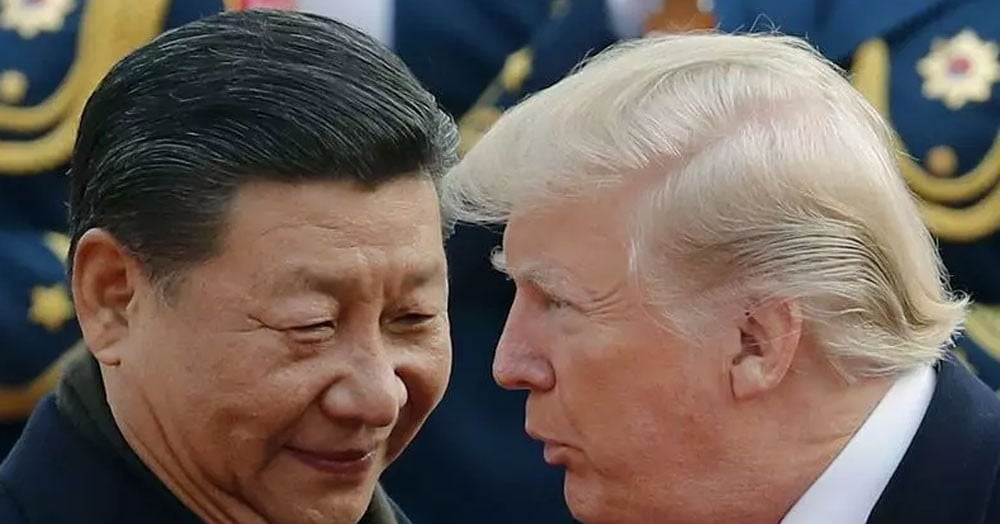

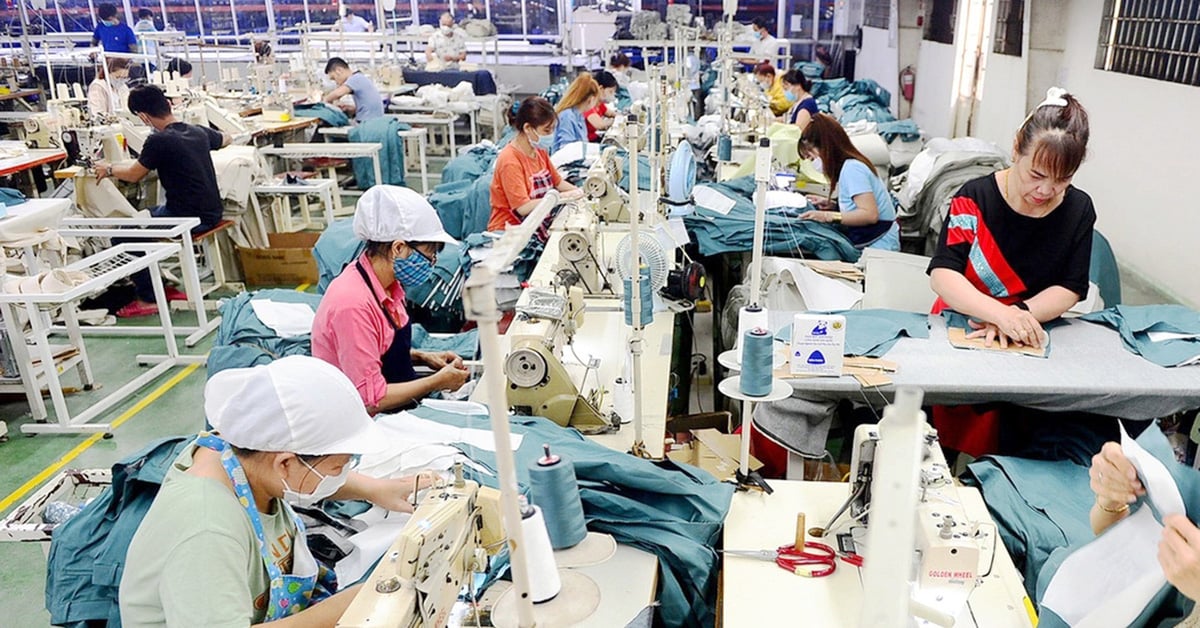

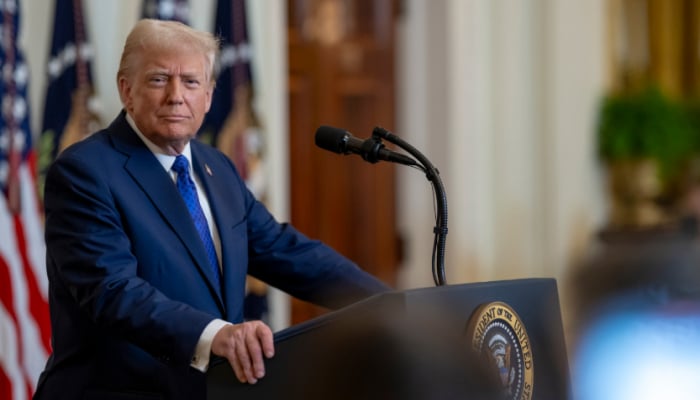





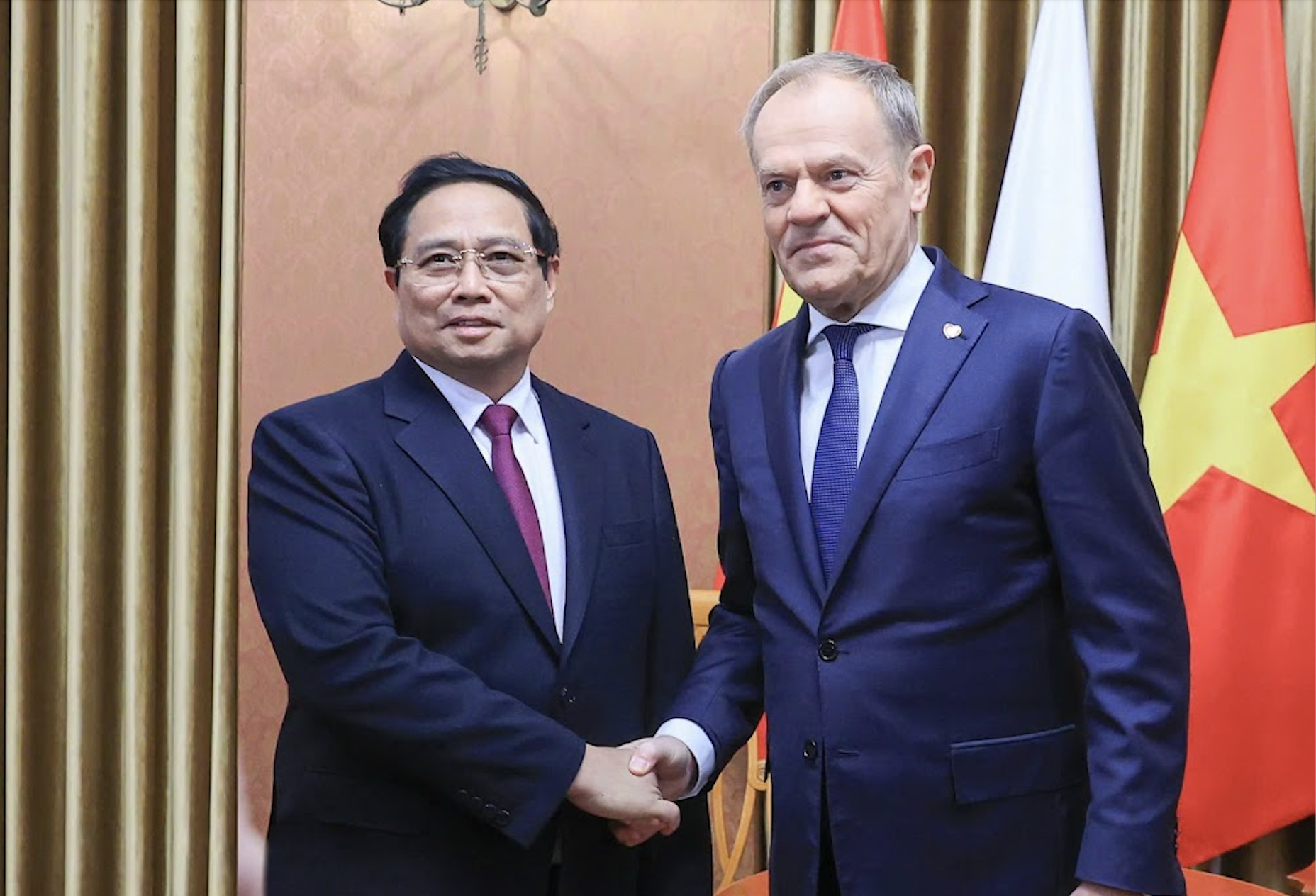




















Comment (0)